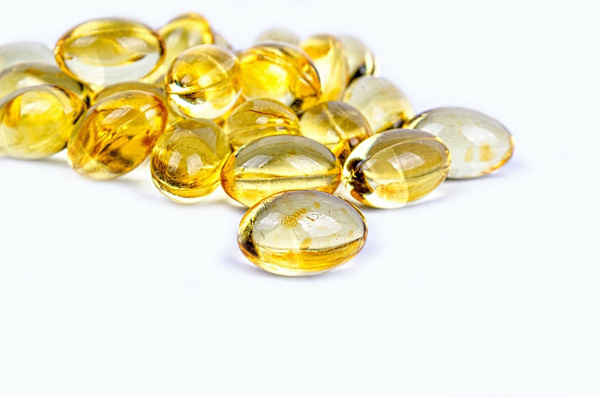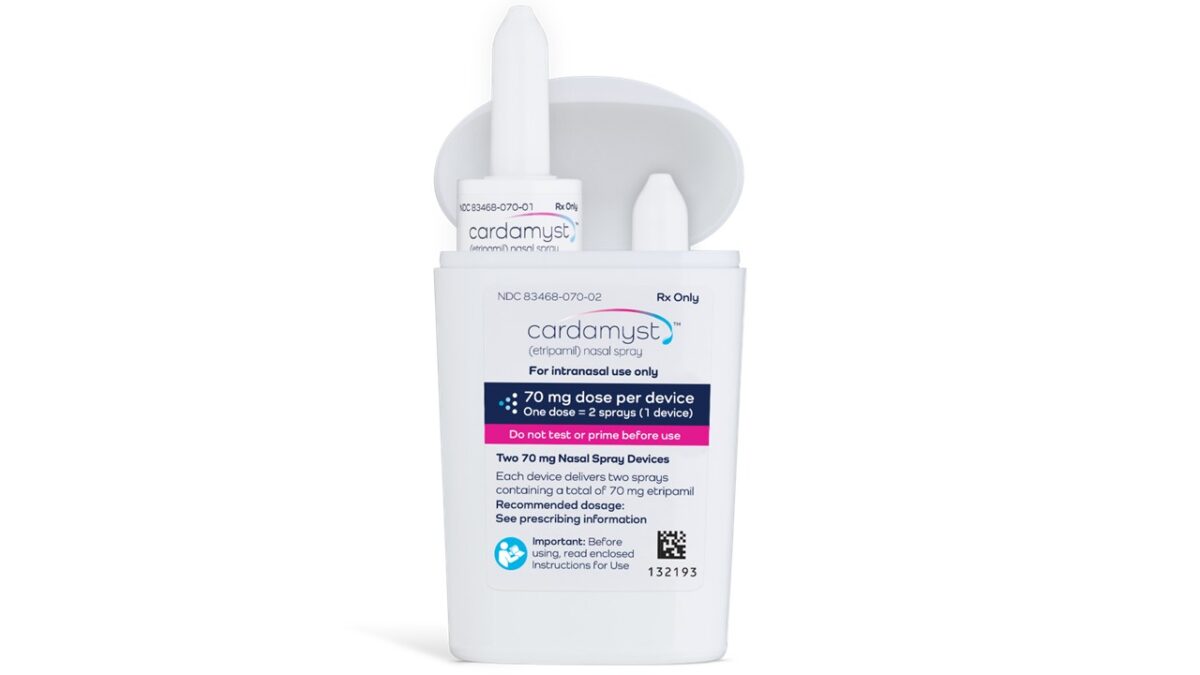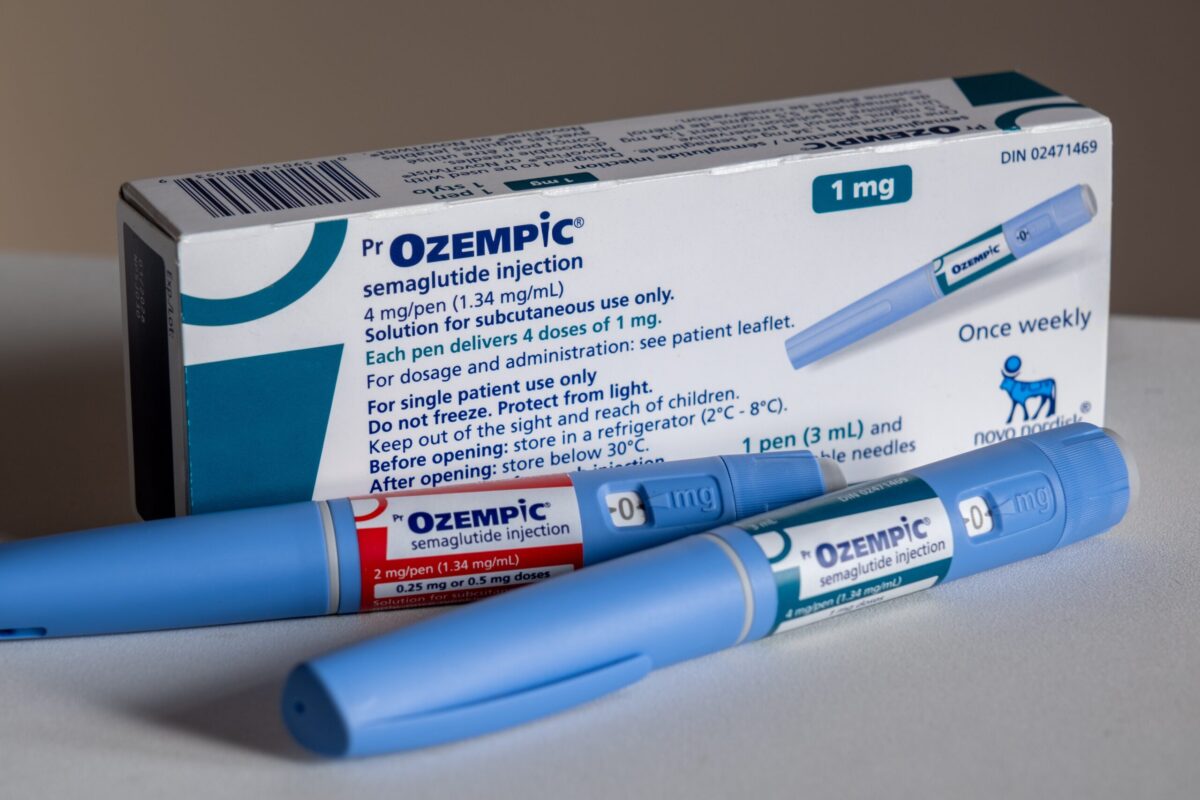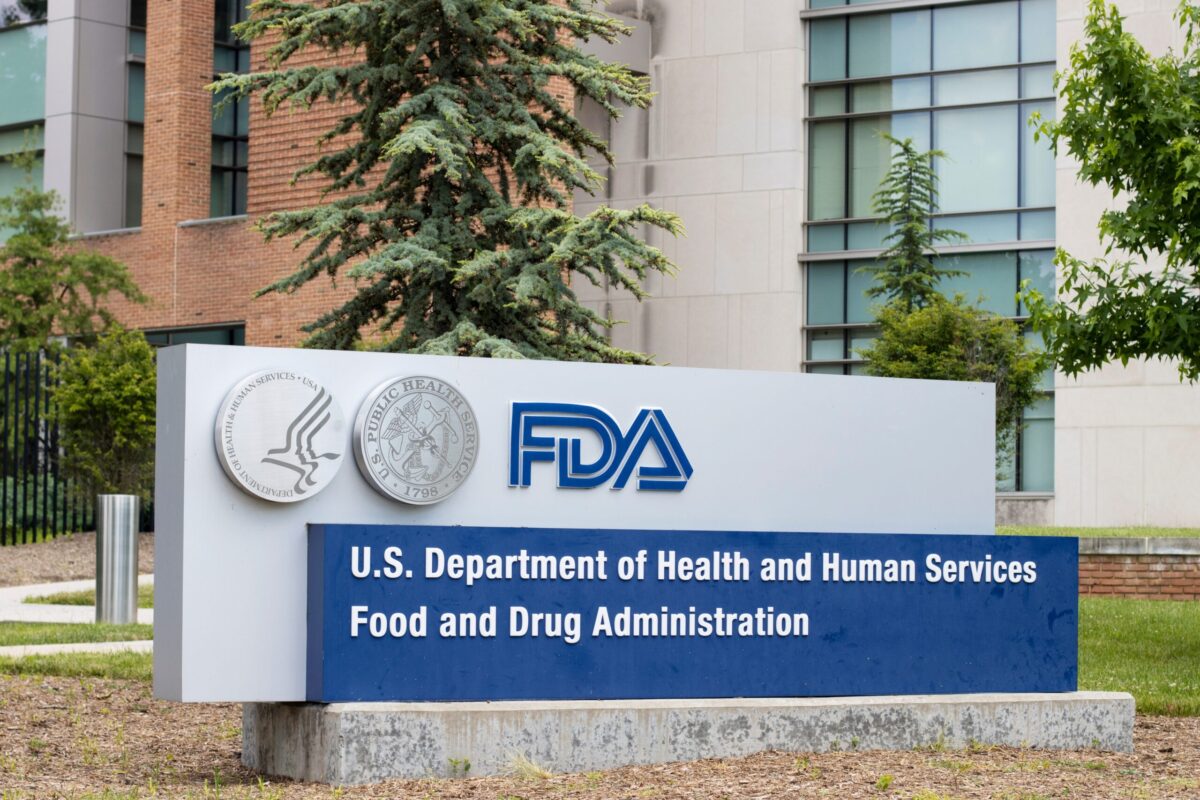Though many people take a daily vitamin D supplement to treat medical conditions as varied as depression and multiple sclerosis, a new study suggests that the nutrient may not be as beneficial as previously thought. Michael Allan, a professor of Family Medicine and director of Evidence Based Medicine at the University of Alberta’s Faculty of Medicine & Dentistry, recently published a review in the Journal of General Internal Medicine that calls into question much of the evidence linked to vitamin D’s supposed benefits.
“Wouldn’t it be great if there was a single thing that you or I could do to be healthy that was as simple as taking a vitamin, which seems benign, every day?” asks Allan. “There is an appeal to it. There is a simplicity to it. But for the average person, they don’t need it.”
In reviewing the evidence for 10 commonly-held beliefs about vitamin D, Allan and his coauthors found little scientific evidence to support the widespread supplementation of the vitamin. The beliefs included vitamin D’s ability to reduce bone fractures, prevent rheumatoid arthritis, improve depression, treat symptoms of multiple sclerosis and reduce the risk of cancer.
Despite the findings that most of the claims about vitamin D were unsubstantiated by research, Allan and his team did identify a few beliefs that were supported by science. The researchers did find strong evidence that vitamin D had a small impact in reducing the incidence of falls and fractures among the elderly population.
“Even areas that we really thought there was good evidence for benefit early on, don’t seem to be bearing out,” said Allan. “The one that we probably have the most evidence for is fractures. If you were to take a group of people who were at higher risk of breaking a bone – so had about a 15 percent chance of breaking a bone over the next 10 years – and treated all of them with a reasonable dose of vitamin D for a decade, you’d prevent a fracture in around one in 50 of them over that time.”
“Many people would say taking a drug for 10 years to stop one in every 50 fractures is probably not enough to be meaningful,” said Allan. “And that’s the best vitamin D gets as far as we know now.”
According to Allan, most other supposed health benefits of vitamin D covered in the review article are as-yet unsubstantiated. Moving forward, Allan encourages researchers to improve the quality of experiments investigating vitamin D to increase the potential clinical relevance of any results.
“It makes it really difficult to determine a lot of time if there is anything substantial there that you could tell a patient, ‘You can take this and it can help you this much’,” said Allan. “There’s really not nearly enough there to say that.”
Studies linking low vitamin D levels and poor patient outcomes, are thought to be one of the main drivers behind the belief in vitamin D supplementation. Allan points out that while they’re credible, these studies do not prove causation. So could the average person benefit from taking a vitamin D supplement?
“The 40 year old person is highly unlikely to benefit from vitamin D,” said Allan. “And when I say highly unlikely, I mean it’s not measurable in present science.”












Join or login to leave a comment
JOIN LOGIN